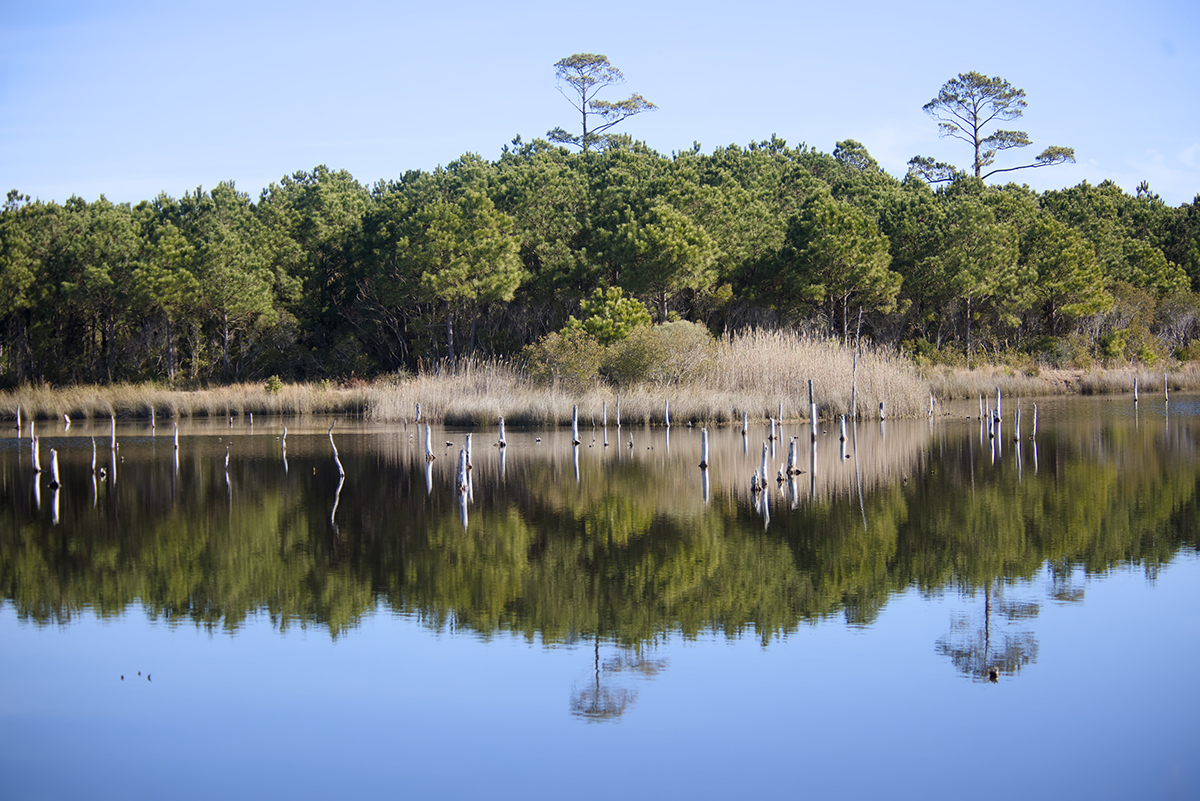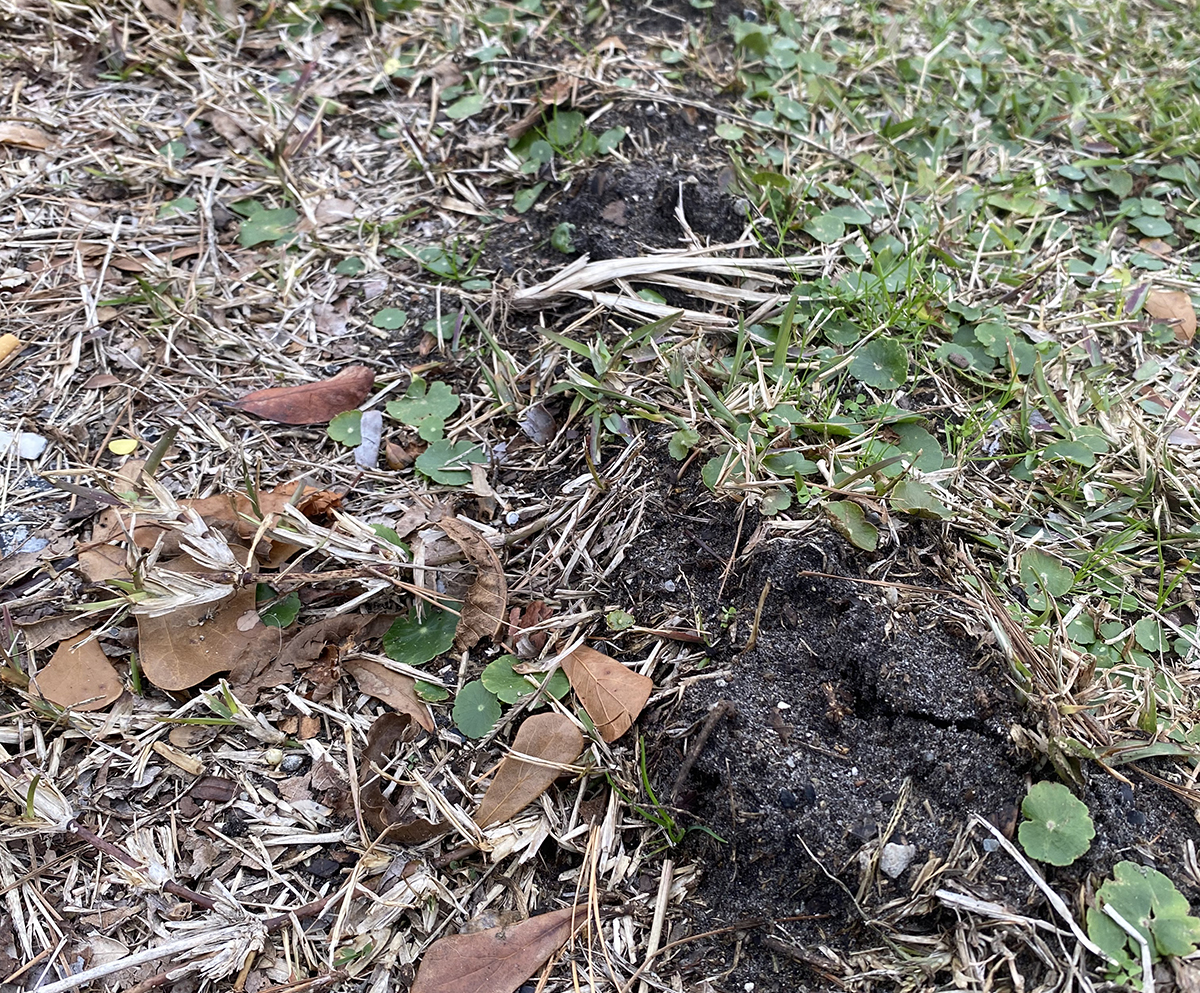Months of high-profile public debates over whether sea-level rise is accelerating have raged in the halls of the N.C. General Assembly. Thus, the timing of a new scientific report by the U.S. Geological Survey (USGS) that now tells us that the East Coast of the U.S. from Cape Hatteras north is a “hotspot” for rising seas is stunning. The news is bad for communities from the Outer Banks to Boston, and it should instill a new sense of urgency in our state’s leadership that it needs to get on with the job of planning for significant changes in our coastline in coming years caused by a rising sea.
As we reported in Coastal Review Online on June 25:
Supporter Spotlight
The names of Robert Dean and James Houston came up often in the debate. They are well-respected coastal engineers who studied data from tide gauges and determined that long-term average sea-level rise for the past 80 years has been negligible even though temperatures have risen. The USGS researchers tried to replicate Dean and Houston’s findings by using the same tide information from across North America. To determine if the rate of rise has recently accelerated, though, they analyzed smaller time segments of tide gauge data and in a way that removed long-term trends associated with vertical land movements.
One of the study’s authors, Peter Howd explains:
“Dean’s numbers are correct for what he calculated, the long-term average acceleration over the last 80 years. That’s a very different answer as to whether there’s any recent acceleration. We just asked a different question.”
In response to the USGS study, Dean says he can’t argue with the results showing accelerating sea level rise in the region since 1990, but he said it’s more likely to be from natural cycles. The USGS study’s authors claim that there is no evidence to support that claim, and Dean himself wrote that his 2011 study does not “speculate as to the causes” of sea level rise.
He recently wrote in the Journal of Coastal Research in response to peer review criticism of his paper that:
Supporter Spotlight
“… our emphasis was to accurately characterize U.S. and global tidegauge recordings during the 20th century, rather than to either project into the future or to speculate as to the causes…”
Let’s hope this ends the debate over whether peer-reviewed science supports warnings that sea level rise is accelerating. It’s time for N.C. to establish prudent land use and investment policies that will ease the sea change that will result as a rising tide lifts all boats, and everything else that stands in its way.







